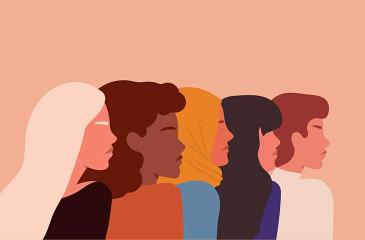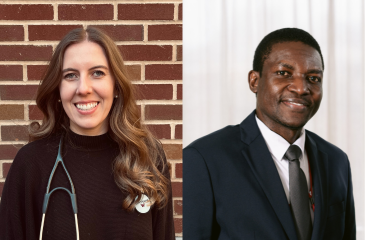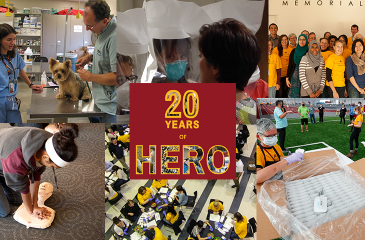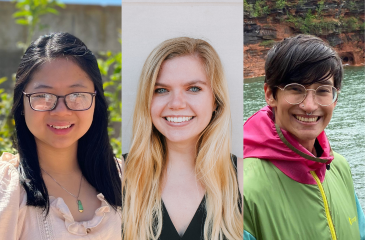Too often, the problem with celebrating women’s contributions to the science and practice of health care is that many of their names were never recorded, either their contributions so relied upon that they were taken for granted or simply ignored by historians who focused on men’s accomplishments.
And yet, the women were there—in nearly every culture, time period, and corner of the world—the healers, the midwives, the herbalists, the nurses, the relievers of tooth pain, and the curers of ills for humans and animals alike. Women were teachers as well, whether formally or passing down knowledge from one generation to another. They have been scientists and researchers, health reformers, and patient advocates.
So often, when we try to pick up the strands of the missing history, we focus on the first achievement of academic training in male-dominated fields: the first female dentist, psychiatrist, pharmacist, veterinarian, nurse, doctor, or scientist. If you’re curious, these are links to just a few of the thousands of fascinating articles that name the names and credit the achievements.
But what about the women not mentioned by name? The physicians in ancient Egypt, the American Indigenous women who studied the properties of plants as medicine, the acupuncturists in China, the spiritual healers of South Africa and Southeast Asia, the shamans of South America curing a host of physical and mental disorders, the European observers of nature, and nurses and midwives in, well, everywhere.
As important as it is to remember and recognize the famous women whose names we know and their contributions in the history of health care, let us also take a moment to remember the millions of women we do not always think about. The women around the world who have used their intellect, intuition, skill, curiosity, and compassion to help heal and care for those around them from the beginning of time.
Jakub Tolar, MD, PhD
Vice President for Clinical Affairs
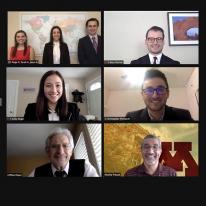
CLINICAL IPE TRAINING NEWS
Interdisciplinary Teamwork Can Solve the World’s Grand Health Challenges
The Center for Global Health and Social Responsibility’s Global Health Case Competition has drawn students from multiple schools and disciplines at the University for the last eight years. The unique interprofessional learning competition is an opportunity for graduate and undergraduate students to come together to develop innovative solutions for 21st century global health issues. The 2021 and 2020 competitions were unlike any other. With a worldwide pandemic happening in real time, there has never been a more critical need for bringing together diverse expertise to solve grand health challenges.
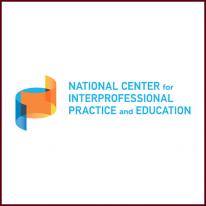
Taking Advantage of the National Center for Interprofessional Practice and Education
The National Center maintains a robust website that is a “one-stop-shop” to learn about interprofessional practice and education, to connect with colleagues, and to find resources for professional development, curriculum, collaborative practice transformation and program evaluation. Nexusipe.org contains community-generated and National Center-contributed content and is the top ranked site for searches for IPE assessment, IPE evaluation, communication and teamwork assessment and many other IPE search terms.
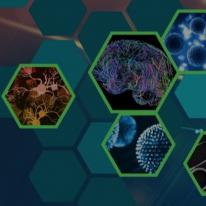
CLINICAL RESEARCH NEWS
IEM Innovation Week 2021
IEM Innovation Week (April 12-16) boasts seven events highlighting advances and new directions in medical engineering. Engineering to fight cancer, neurological disorders, failing organs, and many other ailments—it’s all at the University of Minnesota! Read more and see event details.

COMMUNITY PARTNERSHIP
Itasca Project Encourages Family-Friendly Policies Given Lifelong Impact of Early Years
"It's not just ‘doing the right thing’ for our children. It's doing the best thing for all of us,” said VP Jakub Tolar, who serves as the First 1,000 Days task force co-chair for The Itasca Project, a Minneapolis-St. Paul alliance of employers working together to improve quality of life in the region. The Itasca Project recently released its latest report, First 1000 Days: Invest When it Matters Most. “For the first time since 1918, we have seen average U.S. life expectancy go down for four consecutive years. Not only is our lifespan shortening, our healthspan is as well. Suboptimal brain development can lead to preventable disorders like addiction, depression and obesity. Here in Minnesota, we have it within our power to ensure a better lifetime of brain health. By intervening in the first 1,000 days of life, we can make an impact on each child's potential for a happy, successful future. That's good for all of us."
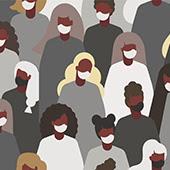
Partnering with Communities to Address COVID Vaccine Confidence
The Disparities in COVID Response Task Force recently launched Community Vaccine Virtual Meetings in response to requests from local community organizations seeking information and help to engage BIPOC communities looking for valid information before they accept vaccines. Partnering with the community organizations, task force members hosted virtual conversations that covered how COVID has affected specific communities and equitable vaccine distribution, and addressed concerns on the COVID vaccines and their side effects.
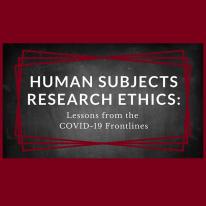
U-WIDE EVENTS AND OPPORTUNITIES
Human Subjects Research Ethics: Lesson from the COVID-19 Frontlines
On March 29, the Center for Bioethics and the Human Research Protection Program will together offer “Human Subjects Research Ethics: Lesson from the COVID-19 Frontlines,” a Zoom-based event where panelists will reflect on how their teams have navigated the conduct, oversight, or support of human research during the COVID-19 pandemic, and how their experiences may promote practical improvements in human subjects protections or signal changes in the post-pandemic environment. Questions and discussion will follow the presentations.
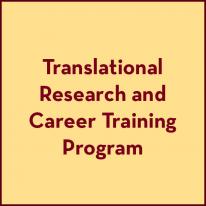
TRACT TL1 Program: A Research Support Opportunity for Pre- and Post-Doc Students
The Translational Research and Career Training (TRACT) program for pre- and post-doctoral scholars (NIH TL1) provides comprehensive, flexible training for a diverse cohort of pre-doctoral and postdoctoral trainees who are committed to a substantive and impactful career in translational research and team science. Letters of Intent are due March 31.

The Clinical and Public Health Importance of Social Wellbeing
Join the Earl E. Bakken Center for Spirituality & Healing on April 21 for their Wellbeing Lecture Series featuring Julianne Holt-Lunstad. Social relationships are both adaptive and crucial for survival, yet in light of the current pandemic we have limited means of fulfilling this biological need. Indeed, evidence suggests social isolation and loneliness were prevalent prior to the pandemic and may be exacerbated. Social connections have powerful influences on our wellbeing, health and longevity, and lacking social connection qualifies as a risk factor for premature mortality. Growing evidence also points to the short-term effects on biomarkers of health and health relevant behaviors, guiding understanding of both the causal mechanisms by which social connection influences physical health and the ways in which this influence can inform potential intervention strategies. The current pandemic has shown us how integral social contact is to every aspect of our lives, and thus each of these sectors can play an important role in solutions.
